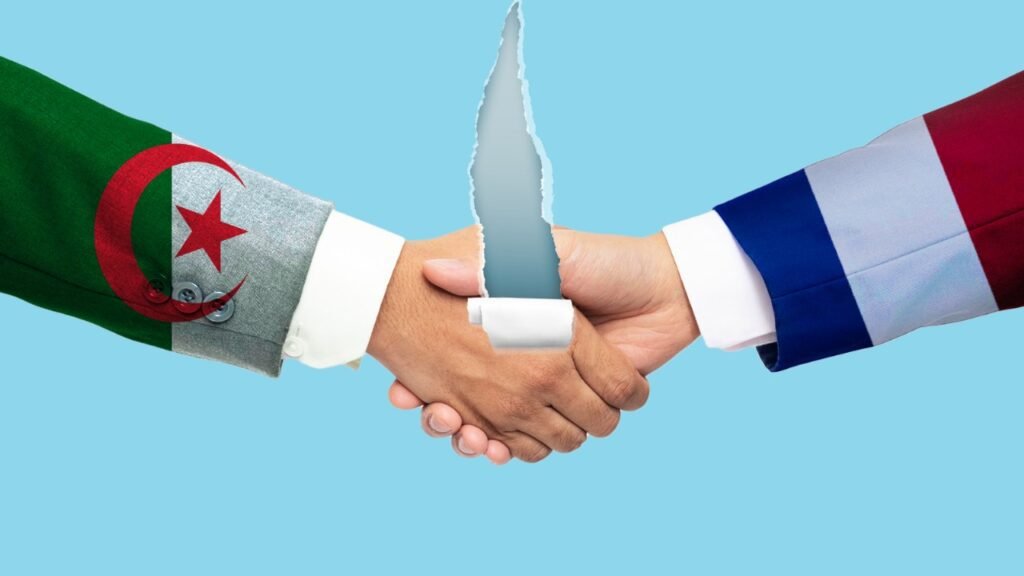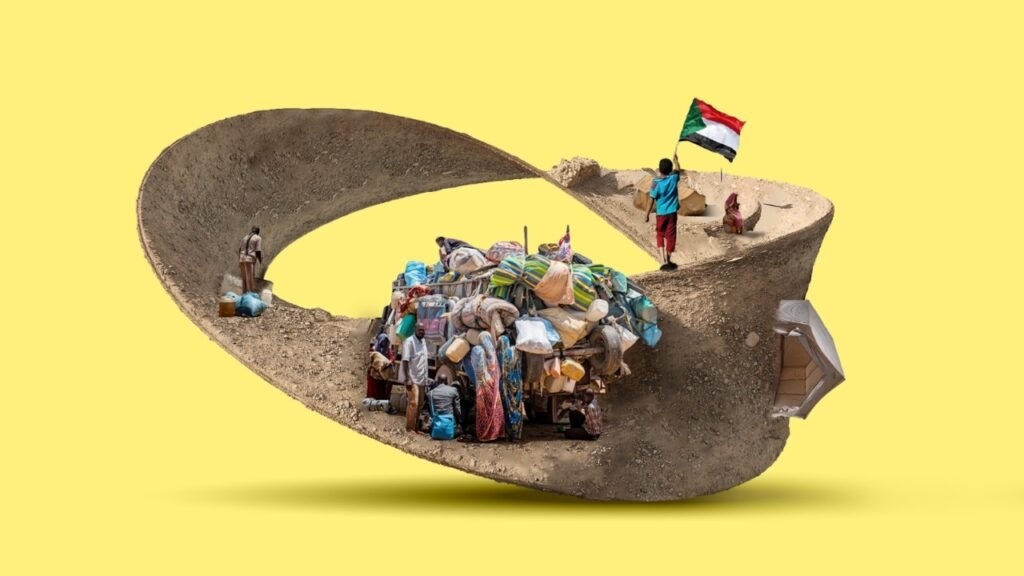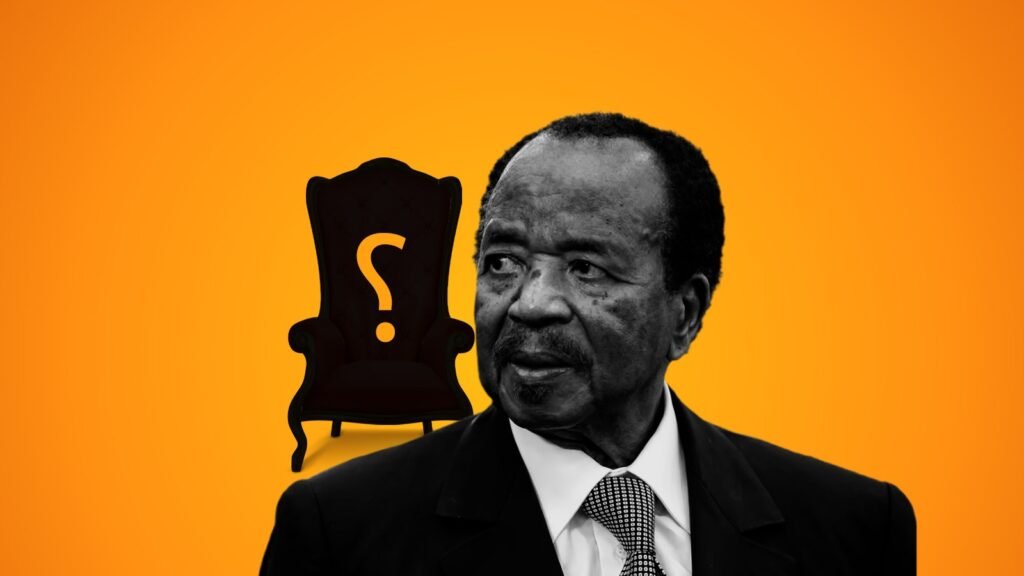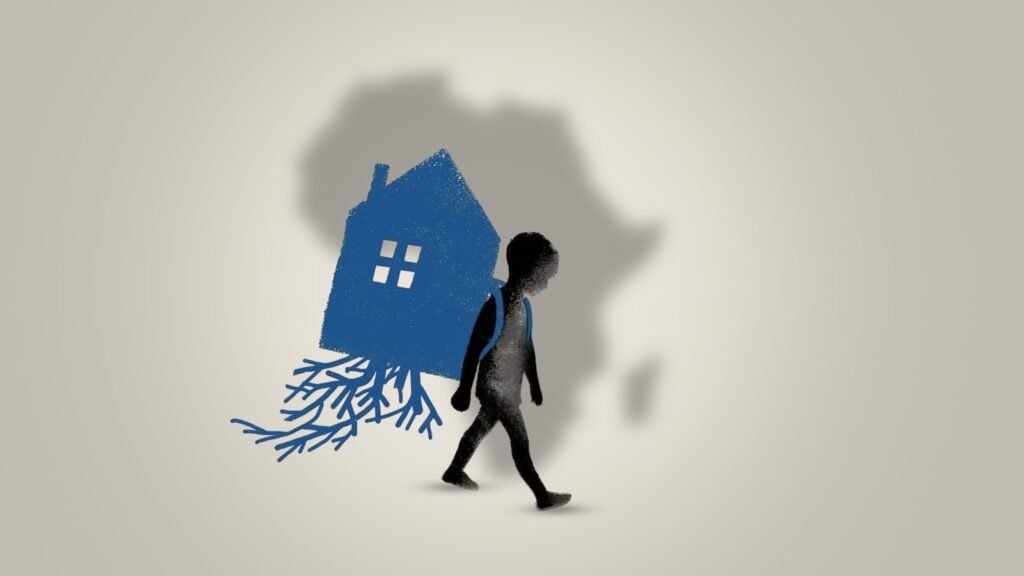Diplomatic relations between Algeria and France have taken another hit after French authorities denied a visa to a senior Algerian diplomat, escalating tensions between the two countries. The move has sparked outrage in Algiers, with officials condemning it as an intentional slight that reflects ongoing strains rooted in colonial history, migration policies, and security concerns.
The diplomat, whose name has not been officially disclosed, was set to travel to Paris for a high-level meeting aimed at discussing economic and security cooperation. However, French officials reportedly rejected the visa application without providing a formal explanation. Algerian authorities, viewing this as a diplomatic affront, have summoned the French ambassador in Algiers to express their discontent.
This visa refusal comes at a time when relations between the two nations are already fraught. Just last year, France announced restrictions on visas for North African countries, citing concerns over irregular migration and alleged non-cooperation in repatriation efforts. Although some of those restrictions were later eased, Algeria remains wary of France’s approach, seeing it as an extension of broader European policies targeting African nations.
Algeria’s Foreign Ministry issued a statement denouncing the decision as an ‘unjustified obstacle to diplomatic dialogue,’ emphasizing that such actions undermine efforts to stabilize bilateral relations. Some Algerian lawmakers and political analysts have gone further, accusing Paris of using visas as a tool of political pressure, especially in light of recent tensions over France’s stance on Western Sahara and its military repositioning in the Sahel.
In response, French officials have downplayed the incident, insisting that visa decisions are made based on administrative and security criteria rather than political considerations. However, critics argue that the refusal aligns with a pattern of strained interactions, including President Emmanuel Macron’s past comments questioning Algeria’s national identity and France’s selective approach to historical reconciliation.
The latest episode threatens to derail recent attempts at restoring warmer ties. Both governments have engaged in periodic efforts to mend relations, particularly in trade and security cooperation. However, recurring diplomatic spats—whether over migration, historical grievances, or geopolitical alignments—continue to challenge progress.
Algerian public sentiment toward France remains mixed, with deep-seated resentment stemming from the colonial past and France’s perceived reluctance to fully acknowledge its role in Algerian suffering. Meanwhile, economic and social linkages persist, making complete disengagement unlikely despite these repeated tensions. As Algeria seeks to expand its influence in the region and diversify its international partnerships, incidents like this visa denial may push it further toward alternative allies, such as China, Russia, and Turkey. Whether this latest dispute will be swiftly resolved or lead to more prolonged friction remains uncertain, but for now, it adds another layer to the complex and often contentious relationship between Algiers and Paris.




